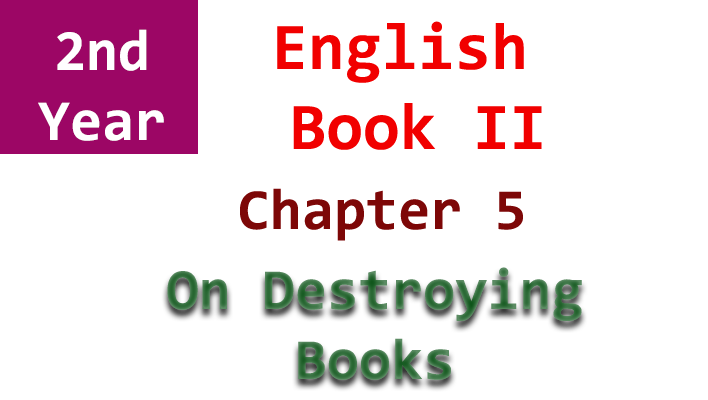In “On Destroying Books,” C. Squire reflects on the practice of presenting books to troops during wartime and the varied nature of the donated volumes. He notes that while many books are likely suitable, some donations include outdated magazines, guides, and old almanacs.
Squire questions why people keep unwanted books, emphasizing that it is not only absurd but also a public duty to destroy such literary “rubbish.” He argues that destroying books not only makes room for new ones but also spares future generations the task of dealing with unnecessary clutter.
Squire acknowledges the difficulty of parting with books, stating that they may not have as many lives as a cat but die hard. He recounts a personal experience where he faced the challenge of disposing of a collection of inferior, minor verse books in his small Chelsea flat.
Unable to sell or burn them effectively, he decides to tie them up in a sack and discard them in the river as a last resort. The narrative highlights the emotional and practical challenges associated with letting go of books, illustrating the lengths to which one may go to free oneself from unwanted literary possessions.

